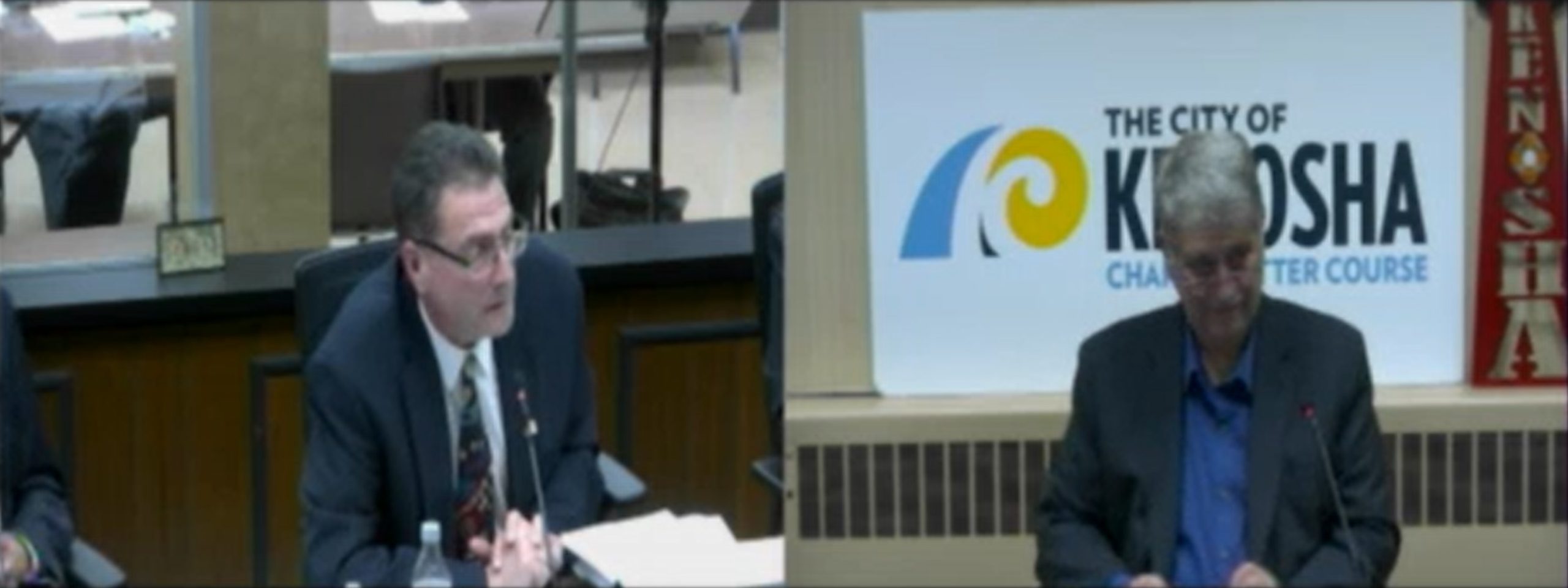Podcast: Play in new window | Download | Embed
Advocates and tribal leaders working to address violence in Alaska Native communities says support systems and lifting taboos are needed in order to help people heal.
Leigh Anne Gubatayao (Tsimshian) is a survivor of domestic violence.
She says she found a safe place and support when her parents brought her home to Juneau.
“As I learned about trying to recognize that domestic violence was a part of my family and try to heal that, I was able to do that in my homeland with my parents and with a women’s shelter that really helped teach me.”
 Gubatayao talks openly about her journey to help others saying it’s not something to ignore or hide.
Gubatayao talks openly about her journey to help others saying it’s not something to ignore or hide.
“Speaking our truth, telling our stories…but to have the community really acknowledge that our women have suffered, and that they need all of us to gather and to heal, right, because what we want to do is we want to break the silence, to break the cycle, so that the next generations don’t have this same level of trauma that we have, but we want to teach them how to have healthy coping skills, how to reach out to people and get the support you need to heal.”
 It may be hard for Alaska Native communities to confront some of these tough issues, but Tlingit and Haida Indian Tribes of Alaska President Richard (Chalyee Éesh) Peterson says it’s needed.
It may be hard for Alaska Native communities to confront some of these tough issues, but Tlingit and Haida Indian Tribes of Alaska President Richard (Chalyee Éesh) Peterson says it’s needed.
“When you talk about, you know, domestic violence, when you talk about murdered and missing Indigenous women and people. That third line of trauma is there. And it’s hard to have to admit some of these things. It’s hard to have these conversations.”
Peterson says as a leader it’s important to work on healing efforts.
“When we talk about healing, I’m gonna stand up and say these things, I’m gonna stand up and say the things that scare me, it’s really hard to pull these things out of the dark and put them in the light. But I’m gonna hold myself accountable, and I’m gonna hold others accountable. You know, heal. Healing is a journey. And it’s like any journey, it’s usually better walked with others.”
Peterson says he’s working to make sure people have the support they need for a successful journey.
This story is a partnership with FNX Television with support by the Public Welfare Foundation, committed to advancing transformative youth and criminal justice reforms.
Watch advocate Leigh Anne Gubatayao and President Richard Peterson in this special television report
 The Common Council in Kenosha, Wisc., has okayed an agreement with the Menominee Nation, helping the tribe with its eventual goal of building a casino and entertainment complex in the city.
The Common Council in Kenosha, Wisc., has okayed an agreement with the Menominee Nation, helping the tribe with its eventual goal of building a casino and entertainment complex in the city.
Chuck Quirmbach of station WUWM reports.
Common Council members voted 11 to 6 in favor of the intergovernmental agreement.
Ald. Daniel Prozanski Jr. says the millions of dollars per year in gaming revenue that the Menominee would eventually pay the city of Kenosha would help fund things local residents want.
“We do want better police presence and we do want a safety building and we do want access to better advanced medical—EMS. And this is a way, a way, not the way, a way, to help offset some of those costs.”
Opponents questioned the Menominee’s plan to partner with Hard Rock International—owned by the Seminole Tribe of Florida—to also have a hotel, music venue, and restaurants at the casino site. There was concern about Hard Rock maybe pulling out of the project.

Chair Joey Awonohopay of the Menominee-Kenosha Gaming Authority
But Joey Awonohopay, who chairs the Menominee-Kenosha Gaming Authority, says Hard Rock remains very committed to the partnership.
“We took a trip down to the Seminole Tribe a year ago, and we re-strengthened that commitment with the Seminole Tribe and with Hard Rock International.”
The proposed intergovernmental agreement next goes before the Kenosha County Board.
Awonohopay acknowledges some nearby smaller communities have concerns about traffic congestion. But he says the proposed casino location along Interstate 94 won’t lead to problems.
“The traffic will just be coming off of 94. They’re not going to be driving through Somers and all the different suburbs. They’ll just be heading to the casino, then back on the interstate.”
If the Kenosha County Board okays the Menominee’s plan this month, Gov. Tony Evers (D-WI) and the Interior Department would still have to approve.
Owonohopay says he likes the tribe’s chances with both.
New Year. New Newsletter. Get National Native News delivered to your inbox daily and stay up-to-date on the 2024 Native Vote. Sign up for our daily newsletter today.



